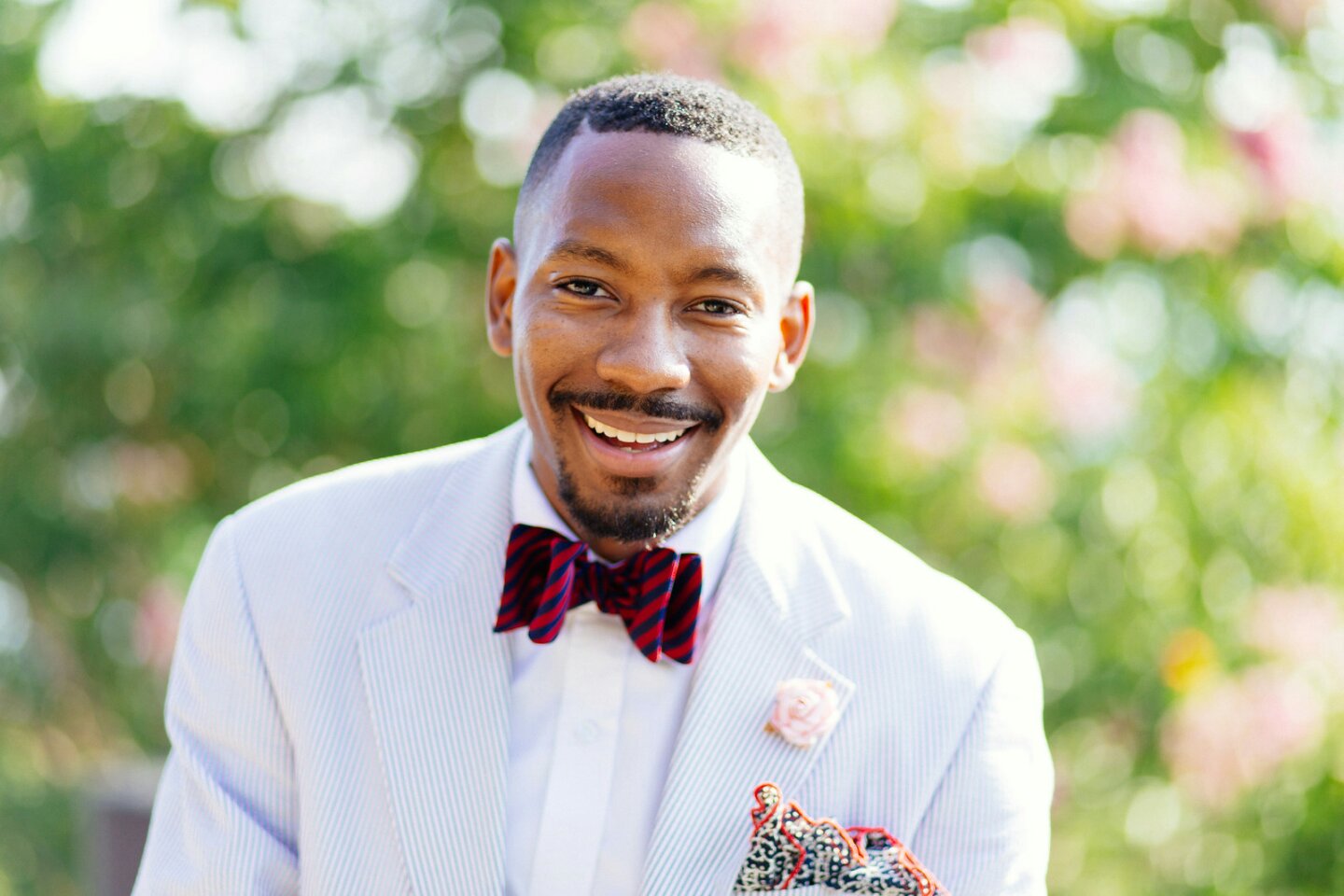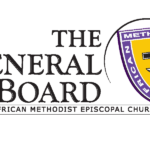Why we need a religiously literate media in 2023 and beyond
By Quardricos Driskell
On December 6, 2022, the Rev. Senator Warnock began his victory speech by thanking his supporters and invoking faith, saying, “To God be the glory…for the great things that God had done.” In response, the crowd absolutely erupted. He continued by saying: “I often say that a vote is a certain kind of prayer for the world we desire for ourselves and for our children. Voting is faith put into action, and Georgia, you have been praying with your lips and your legs, with your hands and your feet, your heads, and your hearts.”
“Democracy is the political enactment of a spiritual idea…that each one of us has within us the spark of the divine.” He adds, “And if you’re not given to their religious language, that’s fine — our tent is big.” Some campaign practitioners might think an opening campaign victory speech odd, even for a liberal pastor.
Similarly, the GOP candidate Herschel Walker began his concession speech by thanking Jesus Christ. Next, he thanks supporters for their prayers and later adds: “God is good,” with some supporters responding, “All the time.” Then invokes “In God, we trust” when talking about voting before ending his short speech.
In mainstream media coverage of both speeches, especially the Warnocks, many commentators did not know what to make of Warnock’s religious-political language.
For instance, MSNBC immediately started discussing Warnock’s preacher cadence as they cut away, with Rachel Maddow joking that Democrats should elect more pastors who speak like him. CNN cuts away as Warnock starts giving individual thanks but immediately notes his preacher cadence. Warnock, in the background, then specifically thanks “the amazing people of Ebenezer Church” (his church). Next, cites scripture while closing: “the light shines in the darkness….”
As a scholar and practitioner of religion and politics, it is easier for the media to identify and analyze Walker’s concession speech – given his appeal to evangelical Christians. But the press failed to illuminate the reality that a Religious Left incumbent defeated a candidate passionately backed by the Religious Right in Georgia.
It is clear – that mainstream media does not understand the nuances of religion generally, particularly the religious left.
This is not new: Warnock, who is literally still an active pastor in a very religious state, has talked like this throughout his tenure in the Senate and during all four of his campaigns. Yet, the media ignores or briefly gazes over the religious-progressive left. Just as there is considerable coverage and analysis on the Religious Right, Evangelical Christians, or specifically white evangelical Christians– its origins with personalities like Reverends Pat Roberson and Jerry Falwell: the Moral Majority that has since morphed into Christian Nationalism, we must also discuss how certain progressivism grew out of Protestantism, especially out of the Social Gospel movement. Decades later, African American preachers, scholars, and activists, such as the Rev. William Jefferson White, Pauli Murray, Benjamin E. Mays, Mordecai Johnson, Howard Thurman, Martin Luther King, Jr., and others, took the underpinnings of the Social Gospel movement and chided those churches that separated the secular realities of daily life from spiritual needs. In Warnock’s view, the church mirrored Dr. King’s theology, and the spirit of Ebenezer Baptist Church (King’s pulpit) should not only be concerned with the spiritual but also with the secular.
This concern is an aspect of the Black church, which has its roots in the anti-slavery church. This is the tradition for which Warnock was birth. Yet, this lack of critical understanding of the intersection of religion and politics in our public sphere, both domestically and globally, does aid in the global divine of what scholar Emile Durheim identified as the sacred and profane (referring to mundane personal experiences). This sacred/profane divide has been displaced by what we see now – a secular and religious divide – where faith or religion is synonymous with conservatism and liberalism is secularism.
Here are three essential lessons in understanding this intersection. First, contrary to popular belief, religion cannot be separated from the cultural, civic, and politics of our work; religion is and can be political. Second, religions are not static; they operate in current times and spaces. The understanding of religion and faith is constantly interrupted and reinterpreted, making communicating with different audiences difficult. This speaks to the need for more religious reporters.
Third, religious traditions and practices are unique. They are internally diverse, and thus it is problematic to make a statement that begins with, Jews believe in, or Muslims support because it does not consider the vastity of religion. Religion and culture are inextricably linked. These nuances of religion, and its merging with politics, even at a high level, reveal the need for more understanding among the press and commentators.
Parenthetically, in the United States, it could behoove Democrats to take a playbook from Warnock and ascertain how the Democrats can use faith-based language to woo religious voters who can not identify with some of the extremist rhetoric from the GOP’s Religious Right.
Aside from the media’s complicit role in religious illiteracy in our country, one thing is clear to me – not only is the Rev. Senator Warnock the personification of the religious left, but his three-point win underscored his talents as one of the most compelling Democratic politicians in the country. A Black Baptist preacher twice elected Senator from the closest battleground state in America should be on everybody’s vice president’s list.
Quardricos Bernard Driskell is an adjunct professor of legislative politics, where he teaches religion, race, public policy, and politics at the George Washington University Graduate School of Political Management. Follow him on Twitter @q_driskell4.





